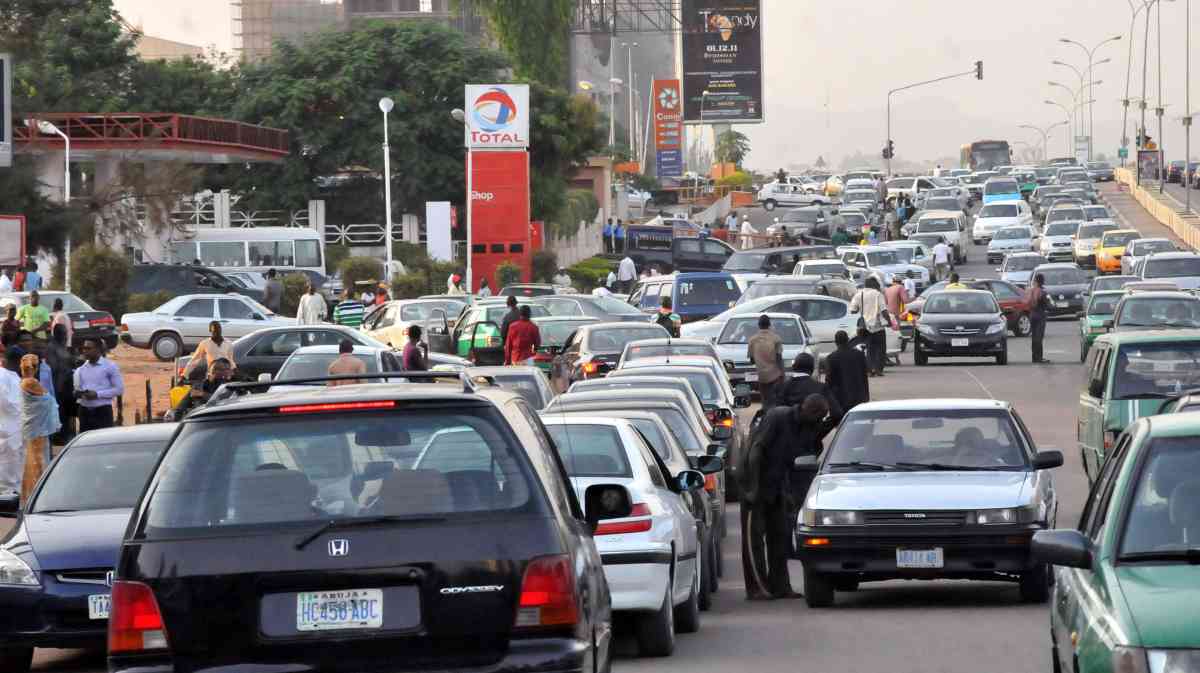The long lines of vehicles first seen at filling stations across Abuja at the weekend have worsened as fuel scarcity persisted on Monday in the Federal Capital Territory (FCT).
The Nigerian National Petroleum Corporation (NNPC) had said the long queues were due to hoarding of Premium Motor Spirit (PMS) popularly known as petrol.
- A month after Oyo Fulani eviction: Sarkin Fulani, Asigangan of Igangan quibble over compensation
Gunmen slit throats of father, 2 sons in Zamfara community
The corporation’s spokesman, Dr Kennie Obateru, said there was enough of the product in storage and that the scarcity would soon fizzle out.
The Chief Executive Officer of Major Oil Marketers Association of Nigeria (MOMAN), Mr Clement Isong, was not available for comment on Monday, but a MOMAN offical said uncertainty in the market was causing the scarcity.
“The issue around the retail price has not been resolved at all. It seems the government has jettisoned deregulation. We are being forced to sell at a price that is not profitable. The ground is not level and we are told to sell at the same price with NNPC retail stations, that we shouldn’t increase the price. This is the cause of the scarcity,” the MOMAN official said.
NNPC said the landing cost remained N158 and that there was no justification for any hike in fuel price; at least for now.
However, Daily Trust observed in the Abuja City centre on Monday afternoon that there were still disorders at some filling stations.
At the NNPC retail station at Central Area, Abuja, it was observed that motorists were still finding it difficult to get access to the station as many of its gates were shut.
The situation was similar at Total Filling Station at Area 11 where motorists also had a difficult time getting the product.
Roadside fuel hawkers were seen selling petrol in jerry cans to motorists who could not endure the long queues. A four-litre gallon of fuel sold between N2,000 and N2,500.
The rowdy situation was also noticed at AA Rano, NIPCO and Eterna fuel stations in Jabi. The various attempts to end the subsidy regime by deregulating the downstream became a constant subject of bitter conflicts between the government and labour; sometimes resulting in debilitating strikes that crippled the national economy.

 Join Daily Trust WhatsApp Community For Quick Access To News and Happenings Around You.
Join Daily Trust WhatsApp Community For Quick Access To News and Happenings Around You.


